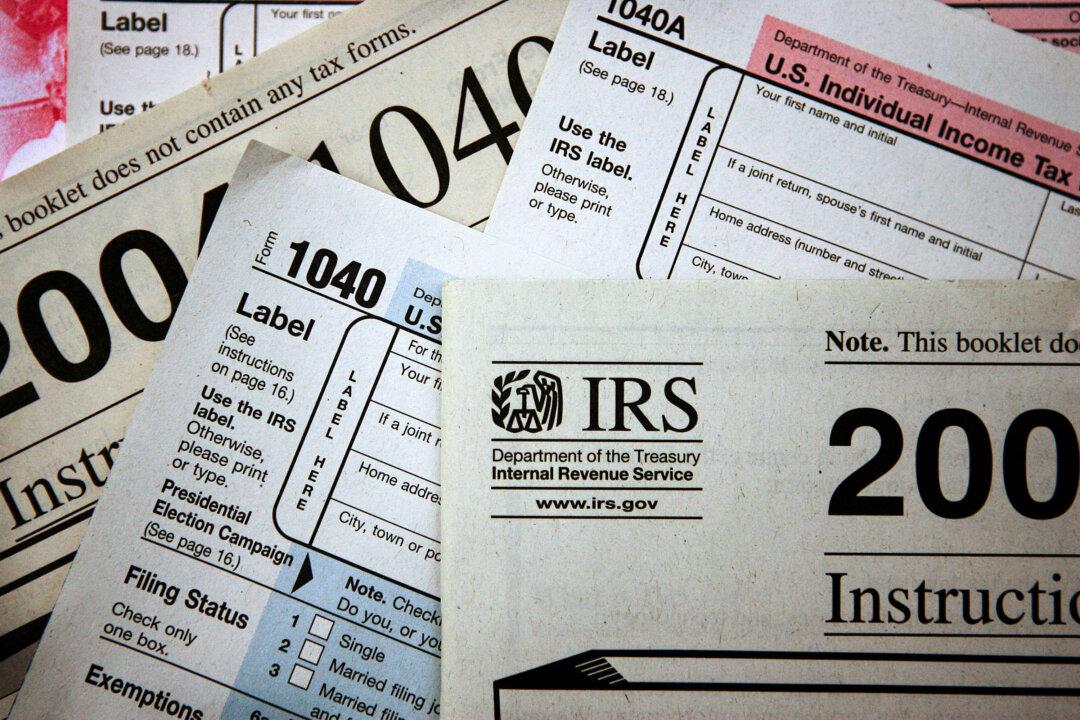More than 30 million Americans across 24 states will be eligible for Direct File in filing season 2025, according to a joint statement from the Department of the Treasury and the IRS.
Tax-paying citizens were able to use Direct File, the free e-filing service, in the states of Arizona, California, Florida, Massachusetts, Nevada, New Hampshire, New York, South Dakota, Tennessee, Texas, Washington, and Wyoming during the pilot launch last year. For 2025, this has expanded to Alaska, Connecticut, Idaho, Kansas, Maine, Maryland, New Jersey, New Mexico, North Carolina, Oregon, Pennsylvania, and Wisconsin, the IRS said in an Oct. 3 statement.





